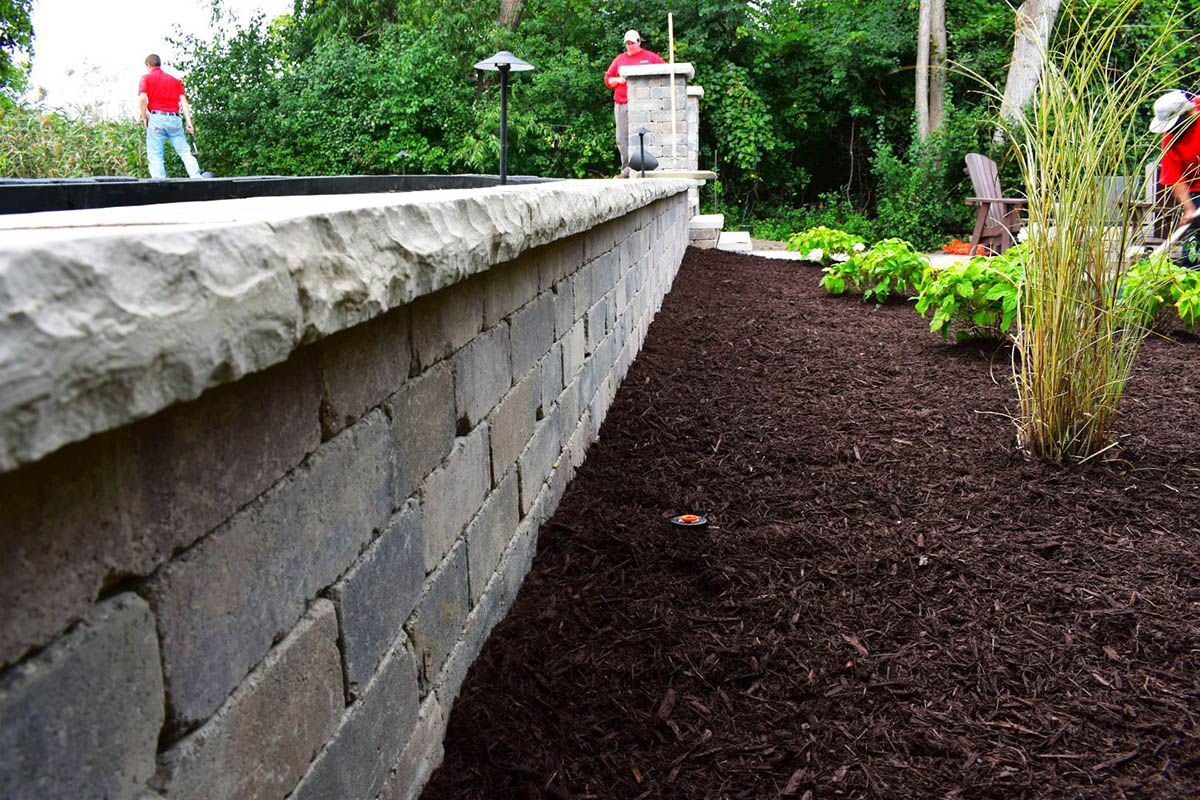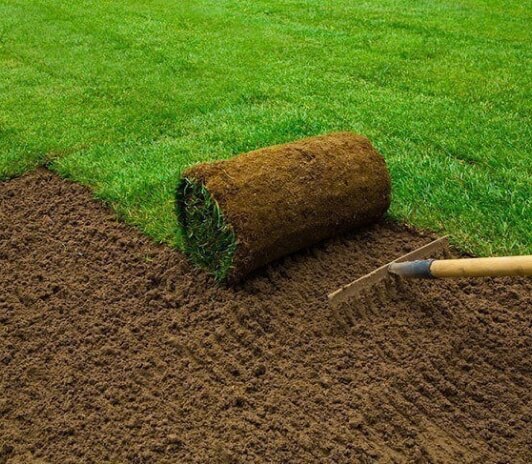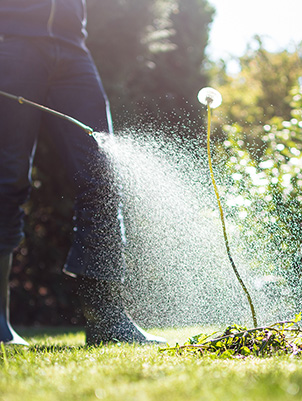If you're a gardening enthusiast, you've probably heard the term "mulching" thrown around quite a bit. But do you really understand what it means and why it's so important for your garden's well-being? In this blog post, we'll dive into the basics of mulching and explore why it plays a vital role in creating a thriving garden environment.
What is Mulching?
Let's break it down in simple terms. Mulching involves covering the soil around your plants with a protective layer of organic or inorganic materials. This can be anything from wood chips, straw, leaves, compost, or even landscape fabric. The primary goal of mulching is to improve the conditions for your plants by retaining moisture, suppressing weeds, enriching the soil, and regulating temperature.
Why Does Mulching Matter?
Now that we know what mulching is, let's explore its importance and the benefits it brings to your garden:
- Retaining Moisture: Mulching acts as a shield, preventing water from evaporating quickly from the soil. By creating a barrier, it helps maintain a consistent moisture level, reducing the need for frequent watering and ensuring your plants stay hydrated.
- Weed Control: Weeds can be a gardener's worst nightmare. Luckily, mulch can help keep them in check. By covering the soil, mulch inhibits weed growth by blocking sunlight and preventing weed seeds from sprouting. This saves you time and effort spent on weeding, giving you more enjoyable moments in the garden.
- Soil Enrichment: Organic mulches, like compost or shredded leaves, break down over time, releasing nutrients into the soil. This natural decomposition process nourishes your plants and improves the overall fertility of the soil. Inorganic mulches, although they don't break down, still offer benefits like preventing erosion and soil compaction.
- Temperature Regulation: Mulch acts as insulation for your garden soil. During hot summer days, it helps keep the soil cool, reducing stress on plant roots. In colder months, it provides a protective layer, preventing soil from freezing and protecting delicate roots from frost damage.
- Aesthetics and Garden Health: Apart from its practical benefits, mulching also adds visual appeal to your garden. It gives your landscape a polished, well-maintained appearance. With various mulch materials available, you can choose colors and textures that complement your garden design, enhancing its overall beauty.
Mulching Tips:
Now that we understand the importance of mulching, let's go over some essential tips to keep in mind when mulching your garden:
- Prepare the Soil: Clear the area of any weeds or debris before applying mulch. This ensures a clean surface and allows the mulch to work effectively.
- Choose the Right Mulch: Consider your plant's needs, local climate, and soil conditions when selecting the type of mulch
- Apply the Right Thickness: Aim for a layer of mulch that's around 2 to 4 inches thick. Too much mulch can hinder water penetration, leading to root rot, so be mindful of not overdoing it.
- Leave Space Around Stems: Avoid piling mulch directly against plant stems or tree trunks. This can create a moist environment, inviting diseases and pests. Leave a small gap around the base of each plant to allow air circulation (AKA volcano effect).
- Maintain and Refresh: Over time, mulch breaks down or gets scattered due to weather conditions or natural decomposition. It's important to regularly check the thickness of the mulch layer and replenish it as needed. After heavy rainfall or strong winds, assess the condition of the mulch and add a fresh layer if it has thinned out or become unevenly distributed. This ensures that your plants continue to receive the full benefits of mulching throughout the growing season.
- Extend Mulching Beyond Flower Beds: While flower beds are commonly mulched, don't limit mulching to just those areas. Expand its benefits by applying mulch around shrubs, in pathways, or even in container gardens. By doing so, you provide a consistent and visually appealing look throughout your garden while reaping the advantages of moisture retention and weed suppression.
- Choose Sustainable Mulch Options: Consider using mulch materials that are locally sourced and sustainable. Look for mulch made from renewable resources or byproducts such as wood chips from tree trimmings or straw from agricultural waste. By opting for eco-friendly mulching choices, you contribute to environmental conservation while nurturing your garden.

Mulching is a fundamental practice in gardening that offers a range of benefits for your plants and the overall health of your garden. By retaining moisture, suppressing weeds, enriching the soil, and regulating temperature, mulch creates an optimal environment for plants to thrive. Remember to select the right mulch type, apply it correctly, and regularly maintain and refresh the mulch layer. With these simple steps, you'll enjoy the rewards of a beautiful, vibrant garden that reflects your love and care.
Get Expert Assistance
If you're looking to take your mulching game to the next level, consider reaching out to Transitions Outdoor Services. Our team of experts can professionally install the mulch for you, ensuring it is done efficiently and effectively. By entrusting your mulching needs to professionals, you can save time and effort while achieving outstanding results. Your plants will thank you, and you'll be amazed at the transformative impact of professional mulching. Happy gardening!

